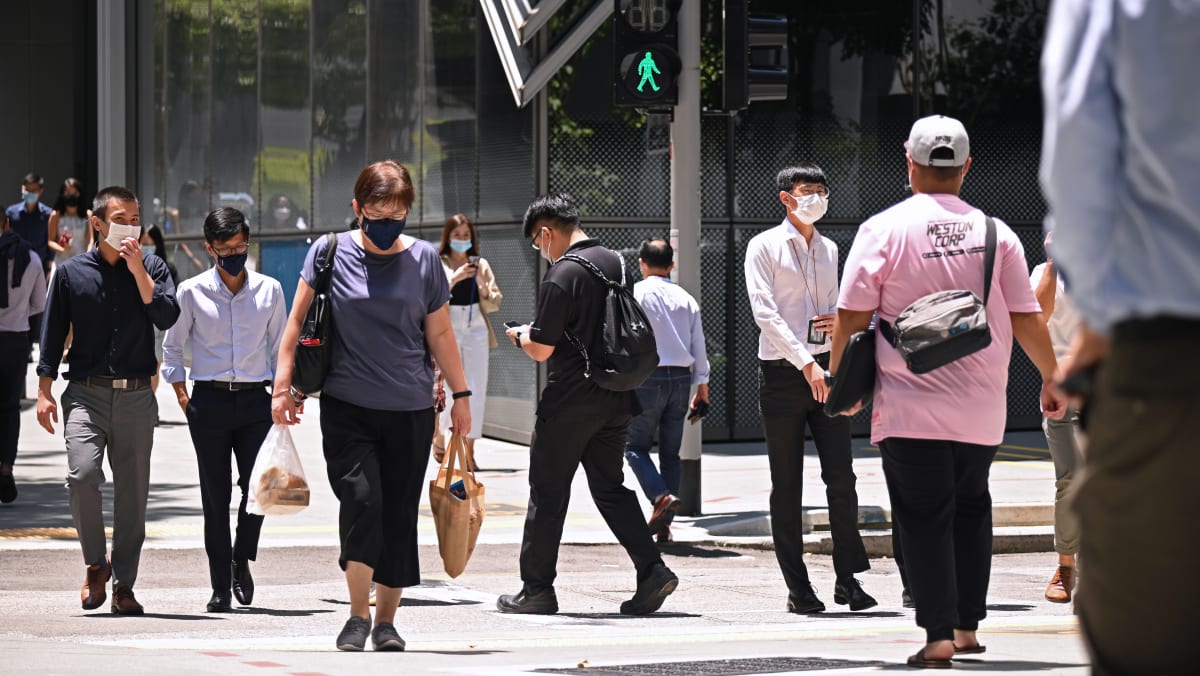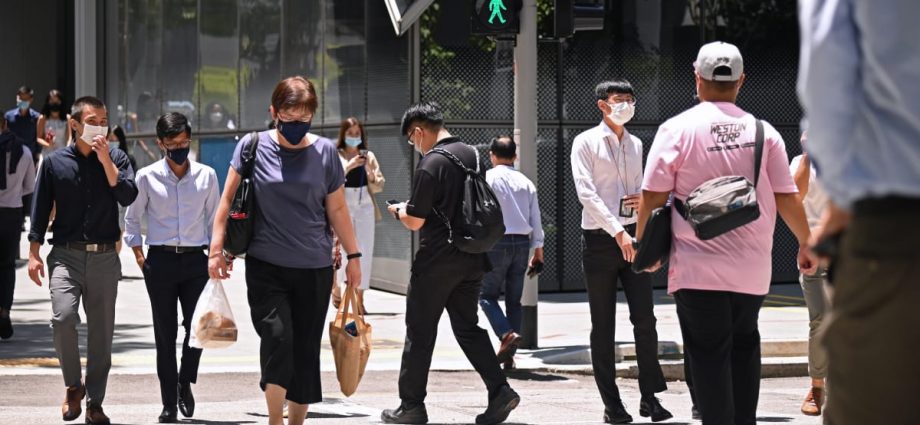
Currently, employees aged up to 55 years old contribute 20 per cent of their wages to their CPF, while employers contribute 17 per cent.
The rise in the monthly salary ceiling essentially means that workers who earn more than S$6,000 – and their employers – will have to contribute more to their CPF.
The Singapore Business Federation (SBF), which represents 27,000 companies, said the move will add to businesses’ manpower costs.
The pressures on this front are already piling up with the rise in foreign worker levies, local qualifying salaries and wage adjustments under the Progressive Wage Model, it said.
“SBF urges the Government to consider spacing out some of these wage and manpower-related policies to help businesses survive immediate cost challenges,” said Mr Albert Tsui, executive director of the federation’s advocacy and policy division.
Beyond labour costs, businesses have also been paying more in other aspects of their operations ranging from logistics, raw materials to energy, said Professor Sumit Agarwal from the National University of Singapore (NUS).
“Will this change cause a burden on employers? Clearly it will because it’s a tough time with rising costs and economic uncertainties,” said the professor of finance, economics and real estate at the NUS Business School.
Some businesses may have to pass on these costs to consumers, he added.
Deloitte Singapore’s tax partner Yap Hsien Yew described the announcement as possibly being “a financial burden” for businesses, especially small- and medium-size enterprises (SMEs) which may not have the same access to cash flow and healthy profits as larger corporations.
Beyond financial metrics, the impact on SMEs will also differ depending on the industry.
Those that employ more higher-income workers will feel the heat, said the Association of Small and Medium Enterprises (ASME). This group will likely involve SMEs in industries such as technology and professional services such as accounting and auditing.
“In other sectors like retail, most of the workers employed by SMEs are between the salary range of S$2,500 to $$4,000, which means they will not be affected in the near term,” said the association’s vice-president Ang Yuit.

